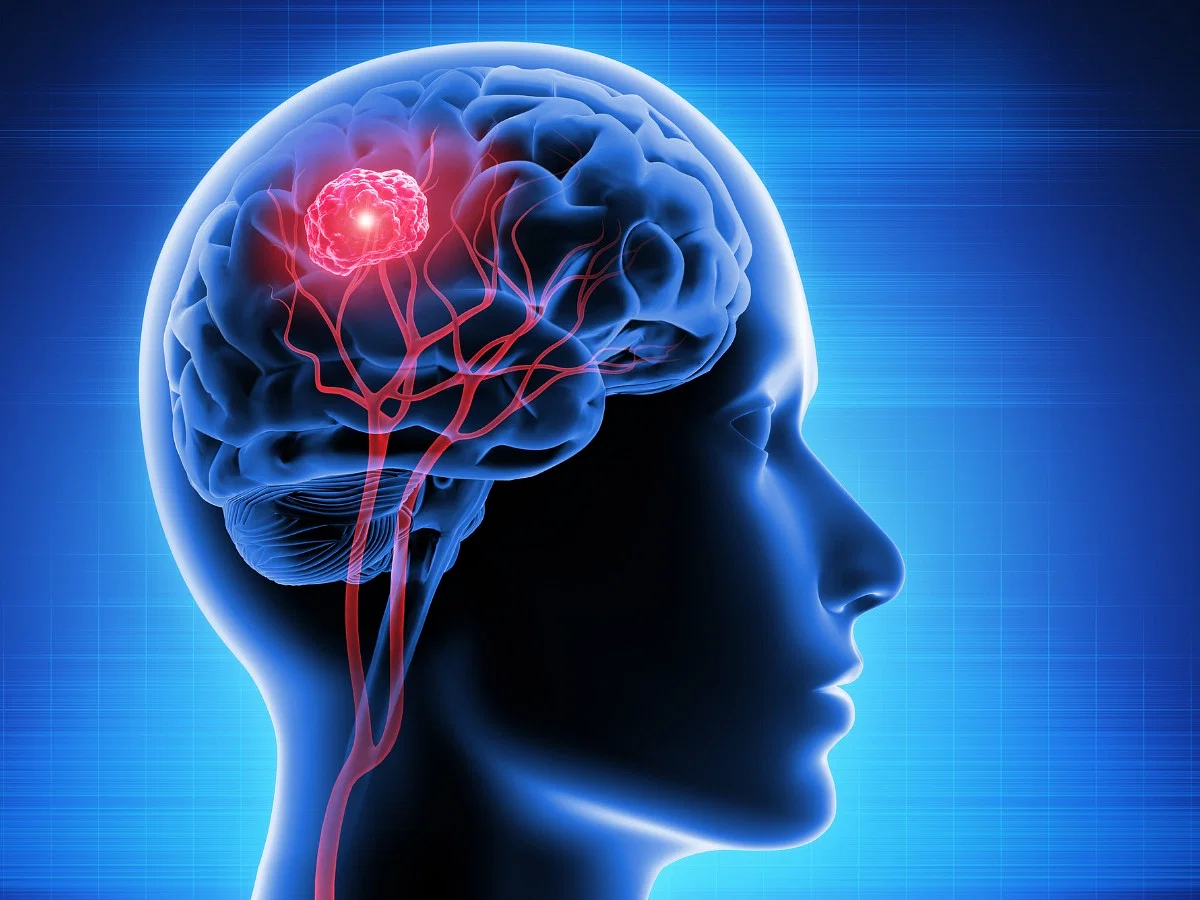
Introduction:
A diagnosis of a brain tumor is a life-altering event, ushering individuals and their loved ones into a realm of uncertainty, courage, and resilience. Amidst the challenges posed by this formidable condition, understanding the intricacies of brain tumors and the journey ahead is crucial. Let’s embark on a compassionate exploration of brain tumors, shedding light on their complexities and offering guidance and support to those affected.
Discover exceptional care and expertise at Anand Hospital. With a focus on patient well-being and advanced medical treatments, we’re committed to your health journey. Learn more today!
Understanding Brain Tumors:
Brain tumors are abnormal growths of cells that develop within the brain or its surrounding tissues. These tumors can be benign (non-cancerous) or malignant (cancerous), with the latter posing a greater threat to health and well-being. The classification of brain tumors depends on factors such as their location, size, rate of growth, and the type of cells involved.
Types and Symptoms:
Brain tumors manifest in a variety of forms, each with its own set of symptoms and characteristics. Common types of brain tumors include gliomas, meningiomas, pituitary tumors, and medulloblastomas. Symptoms may vary widely depending on the tumor’s size, location, and proximity to vital brain structures, but can include persistent headaches, seizures, changes in vision or hearing, cognitive impairments, and personality changes.
Diagnosis and Treatment:
Diagnosing a brain tumor typically involves a combination of imaging tests such as MRI or CT scans, neurological examinations, and biopsy procedures to analyze the tumor tissue. Treatment options vary depending on factors such as the type, size, and location of the tumor, as well as the individual’s overall health and preferences. Common treatments may include surgery to remove the tumor, radiation therapy, chemotherapy, targeted therapy, and immunotherapy.
The Emotional Journey:
Beyond the physical challenges of treatment, a diagnosis of a brain tumor can take a profound emotional toll on patients and their families. Feelings of fear, uncertainty, and grief may arise as individuals navigate the complexities of their prognosis and the impact of treatment on their daily lives. It’s essential for patients to have access to a supportive network of healthcare professionals, counselors, and fellow survivors who can offer guidance, empathy, and hope throughout their journey.
Finding Hope and Support:
While the journey through a brain tumor may seem daunting, it’s important to remember that there is always hope. Advances in medical research and treatment options continue to improve outcomes for patients diagnosed with brain tumors. Additionally, support groups, online communities, and nonprofit organizations provide valuable resources and a sense of camaraderie for individuals facing similar challenges.
Conclusion:
In the face of adversity, knowledge is power. By understanding the complexities of brain tumors and the journey ahead, we can better support those affected by this condition and advocate for continued research and advancements in care. Together, let’s navigate this journey with compassion, resilience, and hope for a brighter tomorrow.






